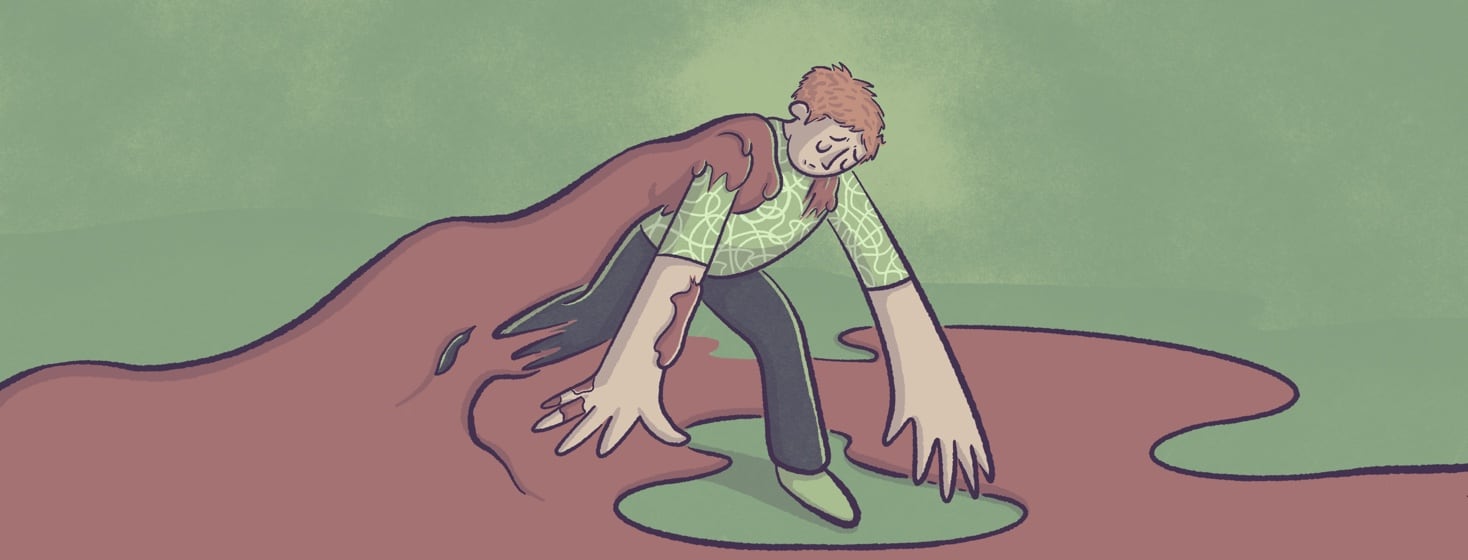New Insights on Fatigue
The struggle with fatigue and rheumatoid arthritis is persistent and well documented. Treating it, however, is very much lacking. The general practice has been to say that well-managed RA (also known as the elusive white whale) can result in less or zero fatigue.
In my personal experience, flares come and go, but fatigue is ever-present. Sure, I may experience variations in the severity. But, fatigue is part of my daily life with RA - well-managed or not. It’s there when I wake up (few people really understand how RA patients can wake up exhausted) and it’s there dogging me throughout the day. I am happy when I can get through to the afternoon before my bones start crying out for a rest.
Recent research on RA fatigue
For a long time, I have wished that researchers would delve deeper into RA fatigue to obtain a better understanding of this experience that could hopefully lead to possible treatments.
A new study was just published on the “Physical and Psychosocial Correlates of Severe Fatigue in Rheumatoid Arthritis” that verifies that factors outside the RA disease activity contribute to fatigue in patients.1
Measuring factors related to fatigue level
Using a questionnaire, the researchers compared psycho-social factors (such as mood, self-efficacy, pain, disability, and more) self-reported by 228 patients and disease activity measures (such as Sedrate/ESR, C-reactive protein/CRP, and a joint disease activity score) to see how these various measures related to fatigue level.
Factors associated with fatigue
While it was a small sample, 42 percent of the patients reported experiencing severe fatigue according to the researchers’ scale.1 These patients perceived their fatigue as frustrating or exhausting. They also scored worse on all the psychosocial measures compared to the patients not reporting severe fatigue.1
Pain severity, role functioning (or being able to carry out their daily activities), depression, self-efficacy to address fatigue, worrying, helplessness, and lack of restorative sleep were all factors strongly associated with fatigue.
Fatigue levels similar to chronic fatigue syndrome
Interestingly, the researchers noted that a significant portion of the RA patients have fatigue at similar levels to chronic fatigue syndrome. Fatigue was also related to pain and functioning, not inflammation.
I can definitely relate to the helplessness and worry that accompanies fatigue. When it’s really bad, there is literally nothing I can do except rest and rest. The fatigue becomes an exhausting, frustrating cycle where I’m stuck not being able to carry out my activities and then struggle to carry on, which just worsens the fatigue.
RA disease activity is just one factor
It’s extra complicated or burdensome because there seems to be virtually no treatment for RA fatigue. The doctors tell us to take our medications and manage the RA, but for me, this does little when I have severe fatigue. Consistent management of my RA helps overall, but it doesn’t address the fatigue the way I need it to, nor does it help when I have a severe bout of it.
Not having a fatigue treatment definitely makes me feel low self-efficacy to address my fatigue because, outside of extra rest (which means putting life on hold), there is nothing that I can actually do that will make a difference.
Sometimes my fatigue arrives before joint pain and increased stiffness or problems functioning. It can be the advance notice that my RA is attacking. Other times, I just have the fatigue and the joint symptoms don’t change. But in my experience, fatigue is a significant and sometimes debilitating part of my RA experience.
We need to know more
I hope that researchers continue to study and better understand fatigue. Perhaps research on chronic fatigue syndrome may be translatable to RA patients. Or other conditions with fatigue as a symptom could contribute to treatments?
Wherever answers come from, in my book, they cannot arrive swiftly enough to alleviate the heavy burdens of RA fatigue.

Join the conversation